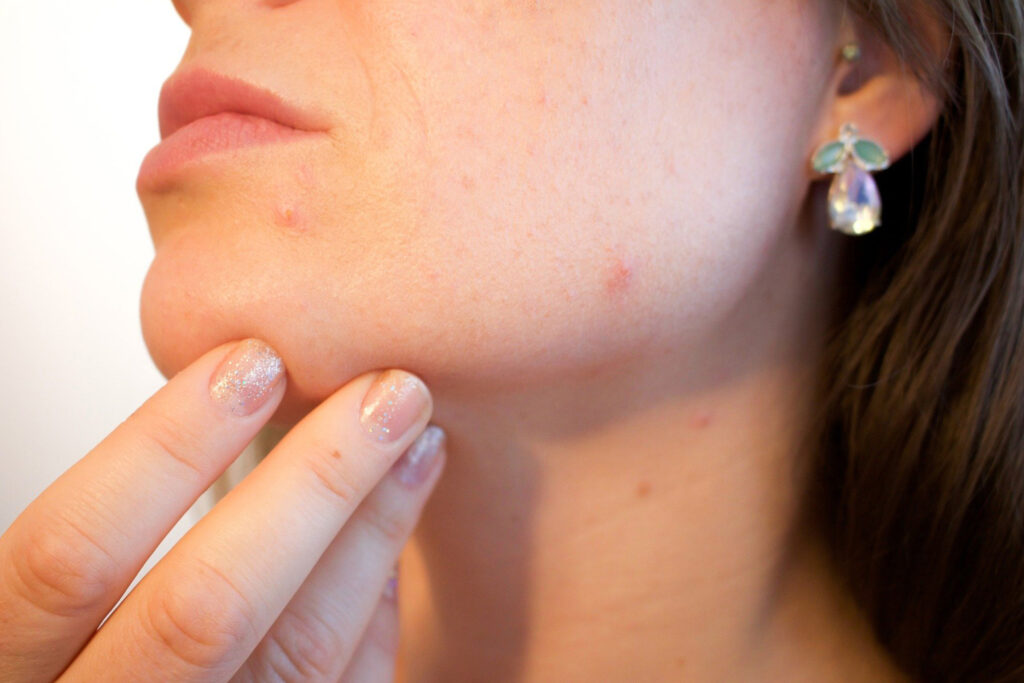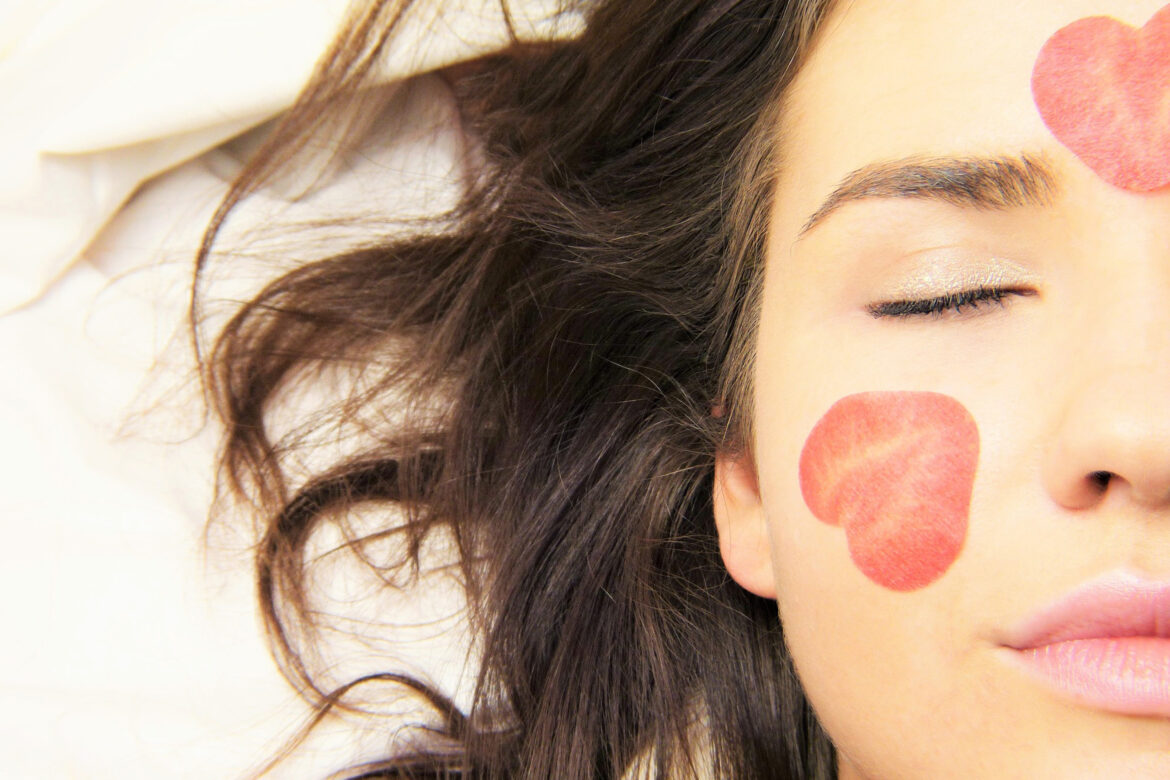Every woman aspires to have blemish-free speckless skin. At times, due to pollution, extreme weather, improper diet, and hormonal changes, acne appears on the skin. While some acne compromises the freshness and beauty of the face, some acnes are painful too.
Acne can appear on any part of the skin, but it occurs on the face most commonly. A bacteria called Propionibacterium acne is responsible for causing acne. This bacterium also causes inflammation when it turns sebum into fatty acids.
Best tips to combat Acne
If you are looking for efficient and safe ways to deal with acne on your face, here are the top tips to help you out.
- Warm water clean-up
The most basic tip to prevent acne from becoming worse is to remove excess oil, dirt, and sweat from the face. Washing your face with warm water at least twice a day is imperative. However, be informed that too much washing may make acne worse. Excessive face-washing lowers the natural sebum and allows the skin to produce even more oil, making acne worse.
In the absence of a facility, keep a pack of alcohol-free and fragrance-free face wipes with you when you cannot wash your face. With the wipes, you can still go to bed with clean skin.
- Be careful with the cleansers.
You must ensure not to try any random product on your skin. Use cleansers that are sulfate-free, fragrance-free, and products that remain gentle on the skin. Do not use harsh scrubs and dry foam cleansers. These days, loads of natural and organic products are available in the market. Test them on your skin first, and then start using them.
Pick the ingredients as per your skin. If your skin is oily, select products such as salicylic acid, benzoyl peroxide, and glycolic acid. Gentle cleansers with lactic acid and hydrating ingredients such as glycerin are the best for people with sensitive skin.
Firstly, wet your face with warm water. Then, apply a mild cleanser gently. Now, in circular motions with your fingers, massage the skin softly. Rinse and pat dry.
- Stay hydrated
When your body is dehydrated, then the skin’s oil glands start producing more oil to combat dehydration. It also makes your skin dull and inflamed. To keep your body well-hydrated, always try to drink lots of water, juices, and other healthy liquids. It is recommended that a person consume at least 8-ounce glasses of water every day.
If you have an exercise routine, you need to drink even more water.
- Use less make-up
Though it is tempting to use makeup to cover up acne, doing so will clog the pores of the acne and create new acne. If it is tough to avoid make-up from your routine, then use a fragrance-free and safe make-up product on your skin so that it does not irritate the acne. Ensure to gently wash off the make-up when you do not need it anymore, especially before sleeping at night.
Other than make-up, be cautious of other products that you might be using near your face, such as Hair spray, shampoo, conditioner, etc. Often, we do not realize that these products can come in contact with our skin and cause reactions like acne outbreaks if it doesn’t suit our skin. Hence, consider replacing your hair styling products and see if it makes acne any better.

- Change Your Face Towel
Consistently using the same face towel every day is not advised. Using dirty towels with bacteria can introduce new bacteria to your skin, causing more acne breakouts. Switching your towels daily is a must.
- Do not touch your face frequently.
Some people have a habit of touching their faces frequently. Our hands are often exposed to lots of germs. Touching your face with dirty hands can transfer bacteria. It also fills up the pores and collects impurities into the skin. Be mindful of touching your face. The best thing is to keep your hands clean and germ-free by washing the same regularly.
- Sun exposure
Scorching sun rays can make acne worse. Catching the rays dries out acne only temporarily. It leads to significant issues in the long run. Frequent sun exposure makes your skin dehydrated and produces more oil too.
To protect your skin and prevent acne from getting worse, use sunscreen when you have to go out in the sun. Since many sunscreens make the skin oily, be wary of using only non-comedogenic and oil-free sunscreen.

- Moisturize
If you think that moisturizer will worsen your acne, you need to think again. It is one of the most advised ways to deal with acne and improve skin quality. If the skin is dehydrated, the oil glands will produce more oil. This will make the acne worse. It is vital to hydrate the skin surface and balance the oil glands to control acne. Buy a pH-balanced moisturizer that does not clog your pores.
- Use one product at a time.
Although it is normal to get tempted to use multiple acne remedial products at once to get rid of acne sooner, it is not a good idea. Using several products on your skin simultaneously will irritate the skin. It may leave your skin spottier. Introduce new products to your skin one at a time. It will also gauge which cleanser is making your acne better.
- Consult a dermatologist
If you think that your acne is getting worse and becoming a major cause of embarrassment, then it is time to consult a dermatologist. Also, if the cleanser and natural tips are not working, you must get in touch with your dermatologist. If your acne leaves scars and darkens the skin, seek immediate treatment from a dermatologist.
If you have more queries and concerns about skin and acne care, you must make an appointment to see a dermatologist.
These tips will help you treat your existing acne, prevent new acne breakouts, and lower the chances of developing scars.


